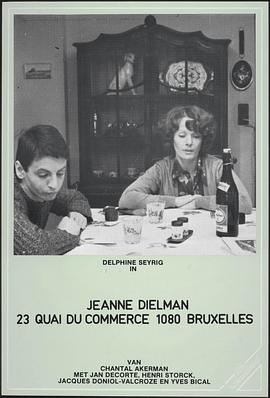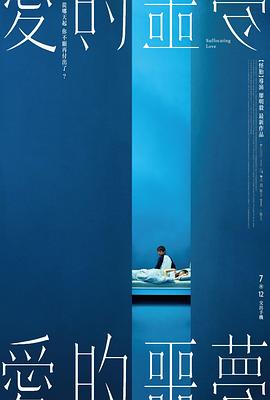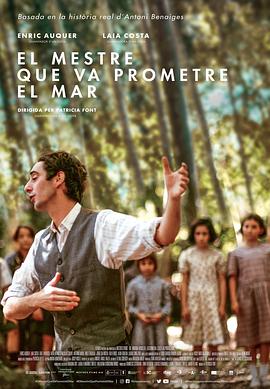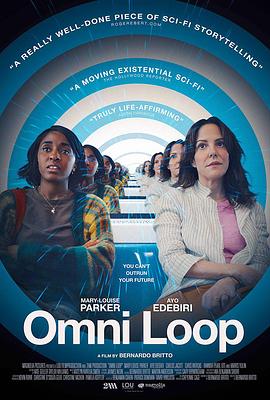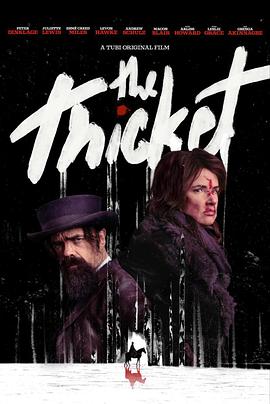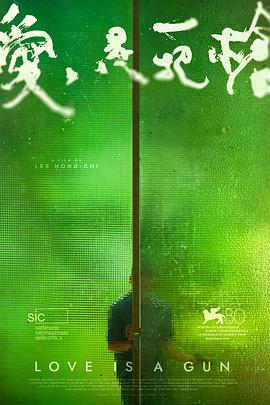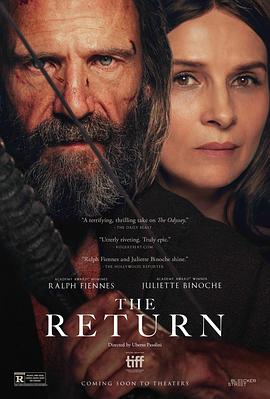- 正在播放《欧洲的某个地方》HD中字 - snm3u8
- 提醒不要轻易相信视频中的任何广告,谨防上当受骗
- 技巧如遇视频无法播放或加载速度慢,可尝试切换播放节点或者切换解析
- 收藏原来的神马电影网网址:www.sxsanqianyi.com / www.sxsanqianyi.com ,记得收藏哟~
剧情:
Somewhere in the remote region, the war ends. In the midst of ruined cities and houses in the streets, in rural hamlets, everywhere where people still live, are children who have lost their homes and parents. Abandoned, hungry, and in rags, defenseless and humiliated, they wander through the world. Hunger drives them. Little streams of orphans merge into a river which rushes forward and submerges everything in its path. The children do not know any feeling; they know only the world of their enemies. They fight, steal, struggle for a mouthful of food, and violence is merely a means to get it. A gang led by Cahoun finds a refuge in an abandoned castle and encounters an old composer who has voluntarily retired into solitude from a world of hatred, treason, and crime. How can they find a common ground, how can they become mutual friends The castle becomes their hiding place but possibly it will also be their first home which they may organize and must defend. But even for this, the price will be very high. To this simple story, the journalist, writer, poet, scriptwriter, movie director, and film theoretician Béla Balázs applied many years of experience. He and the director Géza Radványi created a work which opened a new postwar chapter in Hungarian film. Surprisingly, this film has not lost any of its impact over the years, especially on a profound philosophical level. That is to say, it is not merely a movie about war; it is not important in what location and in what period of time it takes place. It is a story outside of time about the joyless fate of children who pay dearly for the cruel war games of adults. At the time it was premiered, the movie was enthusiastically received by the critics. The main roles were taken by streetwise boys of a children's group who created their roles improvisationally in close contact with a few professional actors, and in the children's acting their own fresh experience of war's turmoil appears to be reflected. At the same time, their performance fits admirably into the mosaic of a very complex movie language. Balázs's influence revealed itself, above all, in the introductory sequences an air raid on an amusement park, seen in a montage of dramatic situations evoking the last spasms of war, where, undoubtedly, we discern the influence of classical Soviet cinematography. Shooting, the boy's escape, the locomotive's wheels, the shadows of soldiers with submachine guns, the sound of a whistle—the images are linked together in abrupt sequences in which varying shots and expressive sharp sounds are emphasized. A perfectly planned screenplay avoided all elements of sentimentality, time-worn stereotypes of wronged children, romanticism and cheap simplification. The authors succeeded in bridging the perilous dramatic abyss of the metamorphosis of a children's community. Their telling of the story (the scene of pillaging, the assault on the castle, etc) independently introduced some neorealist elements which, at that time, were being propagated in Italy by De Sica, Rossellini, and other film artists. The rebukes of contemporary critics, who called attention to formalism for its own sake have been forgotten. The masterly art of cameraman Barnabás Hegyi gives vitality to the poetic images. His angle shots of the children, his composition of scenes in the castle interior, are a living document of the times, and underline the atmosphere and the characters of the protagonists. The success of the picture was also enhanced by the musical art of composer Dénes Buday who, in tense situations, inserted the theme of the Marseilaise into the movie's structure, as a motive of community unification, as an expression of friendship and the possibility of understanding. Valahol Europaban is the first significant postwar Hungarian film. It originated in a relaxed atmosphere, replete with joy and euphoria, and it includes these elements in order to demonstrate the strength of humanism, tolerance, and friendship. It represents a general condemnation of war anywhere in the world, in any form.
收起
相关影片
2024
剧情片
中国大陆
HD
1975
剧情片
其它
HD
2024
剧情片
中国台湾
更新HD
2023
剧情片
中国大陆
更新HD
2023
剧情片
西班牙
恩里克·奥克尔 莱娅·柯丝达 路易莎·加瓦萨 拉蒙·阿吉尔 Gael Aparicio Alba Hermoso Nicolás Calvo Antonio Mora 米洛·塔波阿达 Jorge Da Rocha Eduardo Ferrés 阿尔巴·吉莱拉 Laura Conejero Xavi Francés David Climent 费利佩·维莱斯 Elisa Crehuet Padi Padilla Alicia Reyero Gema Sala
根据安东尼·贝纳吉斯真实故事改编。
阿莉安德娜发现她的祖父一直在寻找其西班牙内战时期消失的父亲。下定决心帮助祖父的她,只身前往布尔戈斯新发掘的坟场,因为她的曾祖父可能埋在那里。这趟旅行中,阿莉安德
更新HD
HD
2024
剧情片
美国
HD
2024
剧情片
美国
HD
2023
剧情片
中国台湾,中国香港
HD
2024
剧情片
美国
拉尔夫·费因斯 朱丽叶·比诺什 查理·普拉默 汤姆·里斯·哈里斯 马尔万·肯扎里 阿米尔·威尔森 安吉拉·莫利纳 莫·巴艾尔 Aaron Cobham 克劳迪奥·桑塔玛利亚 杰米·安德鲁·卡特勒 贾斯·哈钦斯 Matthew T. Reynolds Amesh Edireweera Ayman Al Aboud Francesco Dwight Bianchi Pavlos Iordanopoulos Stefano Santomauro Magaajyia Silberfeld Cosimo Desii
20年后,奥德修斯(拉尔夫·费因斯饰)被冲上伊萨卡海岸,憔悴不堪,面目全非。国王终于回家了,但自从他参加特洛伊战争离开家园以来,他的王国发生了很大变化。他心爱的妻子佩内洛普(朱丽叶·比诺什饰)现在是家
HD
2024
剧情片
韩国
更新中字
2023
剧情片
北马其顿
更新HD
2024
剧情片
美国
更新HD
2024
剧情片
日本
更新HD
2024
剧情片
日本
更新HD


